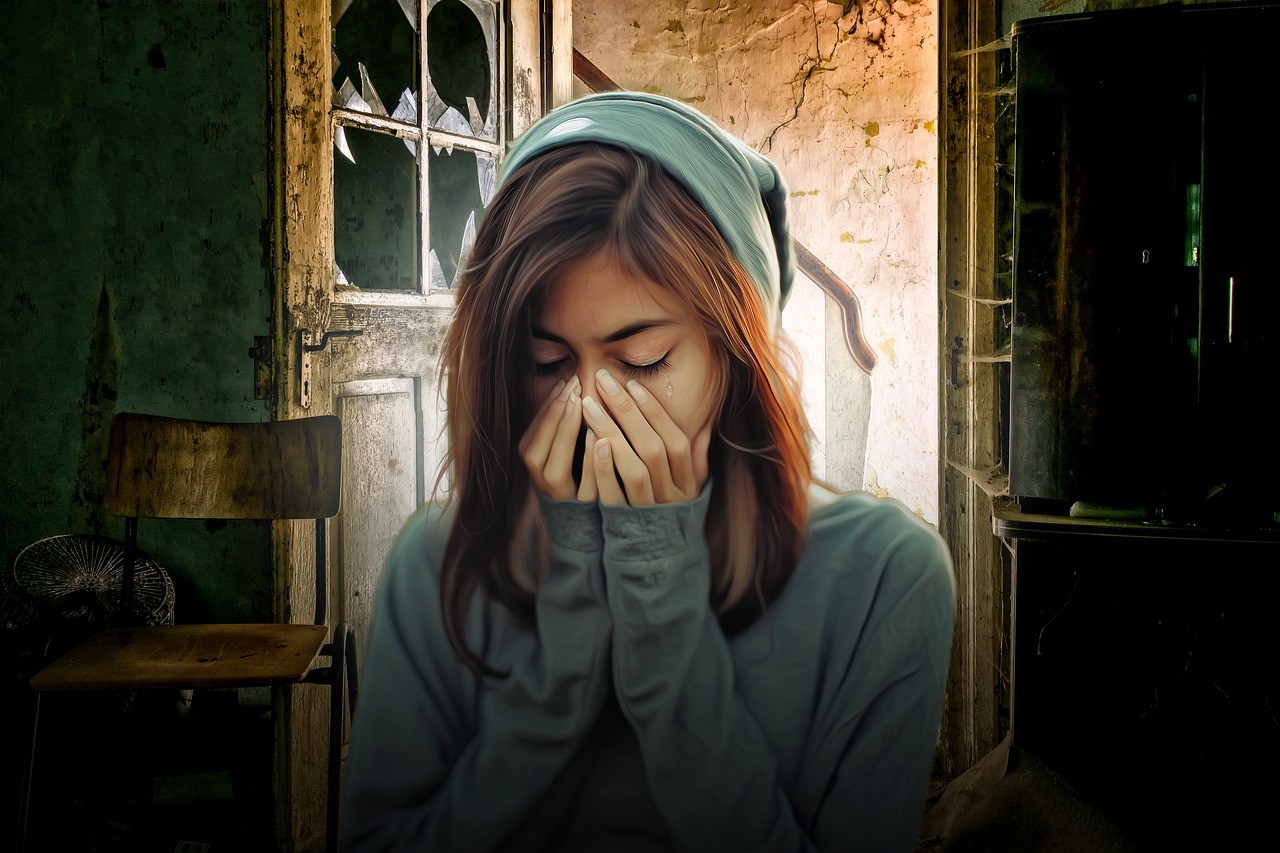Anticipatory Grief – Grieving Before Death Occurs
What Is Anticipatory Grief?
Anticipatory grief is grief that occurs before death. Rather than death alone, this type of grief includes many losses, such as the loss of a companion, changing roles in the family, fear of financial changes, and the loss of dreams of what could be.
Anticipatory Grief & Grief After Death
Not everyone experiences anticipatory grief, and it is not good or bad to do so. Some people experience very little grief while a loved one is dying yet for some people, the grief before the actual loss is even more severe.
Yet, while anticipatory grieving isn’t a substitute or even a head-start for later grieving, grieving before death does provide opportunities for closure that people who lose loved ones suddenly never have.
Purpose
For those who are dying, anticipatory grief provides an opportunity for personal growth at the end of life and a way to find meaning and closure. This period is also an opportunity to find closure, to reconcile differences, and to give and grant forgiveness. For both, it is a chance to say goodbye.
Anticipatory grief in some cases can make death seem more natural. It’s hard to let our loved ones go. When we see them weak and failing and tired, it maybe just a tiny bit easier to say, “it’s okay for you to move on to the next place.”
Symptoms
The emotions that accompany anticipatory grief are similar to those which occur after a loss but can be even more like a roller coaster at times. Some days may be really hard. Other days you may not experience grief at all. Listed are some of the typical emotions associated with anticipatory grief.
- Sadness and tearfulness: Sadness and tears tend to rise rapidly and often when you least expect.
- Fear: Feelings of fear are common and include not only the fear of death but fear about all of the changes that will be associated with losing your loved one.
- Irritability and anger: You may experience anger yourself, but it can also be difficult coping with a dying loved one’s anger. A dying person typically wants to remain in control of themselves, their life, and their decisions for as long as possible. Empowering a dying person to make their own decisions, express their feelings, and remain as independent as possible is an important way to help them move through their anger.
- Loneliness: A sense of intense loneliness is often experienced.
- A desire to talk: Loneliness can result in a strong desire to talk to someone—anyone—who might understand how you feel and listen without judgment. If you don’t have a safe place to express your grief, these emotions can lead to social withdrawal or emotional numbness to protect the pain in your heart.
- Anxiety: When you are caring for a loved one who is dying, it’s like living in a state of heightened anxiety all of the time. Anxiety, in turn, can cause physical symptoms such as tremulousness, palpitations, and shaking.
- Guilt: For some people, the time prior to a loved one’s death can be a time of great guilt—especially if your loved one is suffering. At the same time that you long for your loved one to be free of pain (and hence, die), you fear the moment that death will actually happen. You may also be experiencing survivor guilt, a guilt that you will be able to continue on with your life while someone else will not.
- Intense concern for the person dying: You may find yourself extremely concerned about your loved one, and this concern can revolve around emotional, physical, or spiritual issues.
- Rehearsal of the death: You may find yourself visualizing what it will be like to have your loved one gone. Or if you are dying, visualizing how your loved ones will carry on after your death. Many people feel guilty about these thoughts, but they are very normal and are part of accepting the inevitability of death.
-
Physical problems: Physical problems such as sleep difficulty and memory problems.
Experts recommend several lifestyle changes, including:
- Reduce stress: Take steps to reduce your daily stress level and learn how to better deal with the stress you can’t avoid, possibly through relaxation techniques, yoga or tai chi.
- Get enough sleep: Practice good sleep habits, such as going to bed and getting up at the same time each day. Limit daytime napping, and allow enough time for sufficient sleep.
- Exercise regularly: Done properly, exercise can improve symptoms. However, you’ll need to start slow and build up gradually.
- Pace yourself, but stay active: Keep your activity consistent day to day. Avoid the temptation to do extra on your good days, because that could lead to more bad days. People who stick to moderate, consistent activity levels tend to feel better than those who are inactive.
- Maintain a healthy lifestyle: This includes eating a balanced diet, limiting caffeine, not smoking, getting plenty of fluids, getting adequate rest, managing stress and exercising regularly.
Stages of Grief
- Denial: A refusal to accept what is happening.
- Anger: Feeling like it’s not fair or being angry in general.
- Bargaining: Promising something such as being a better person if the situation goes away.
- Depression: Giving up, not caring what happens.
- Acceptance: Coming to terms with the situation and being ready to move forward.
It’s important to note that most people do not neatly follow these steps one by one and find that they wake up one morning feeling they have accepted what has happened and have recovered. Instead, any of these stages may be present at any one time and you may find yourself re-experiencing the same feelings of shock, questioning, or despair many times over. There is no right way to feel or grieve.
Coping
It’s important to express your pain and let yourself grieve. Finding a friend or another loved one you can share your feelings openly with is extremely helpful, just as maintaining hope and preparing for death at the same time is difficult. Keep in mind that letting go doesn’t mean you have to stop loving your loved one—even after they die. During this stage, some people begin to find a safe place in their heart to hold memories of their loved one that will never die.













